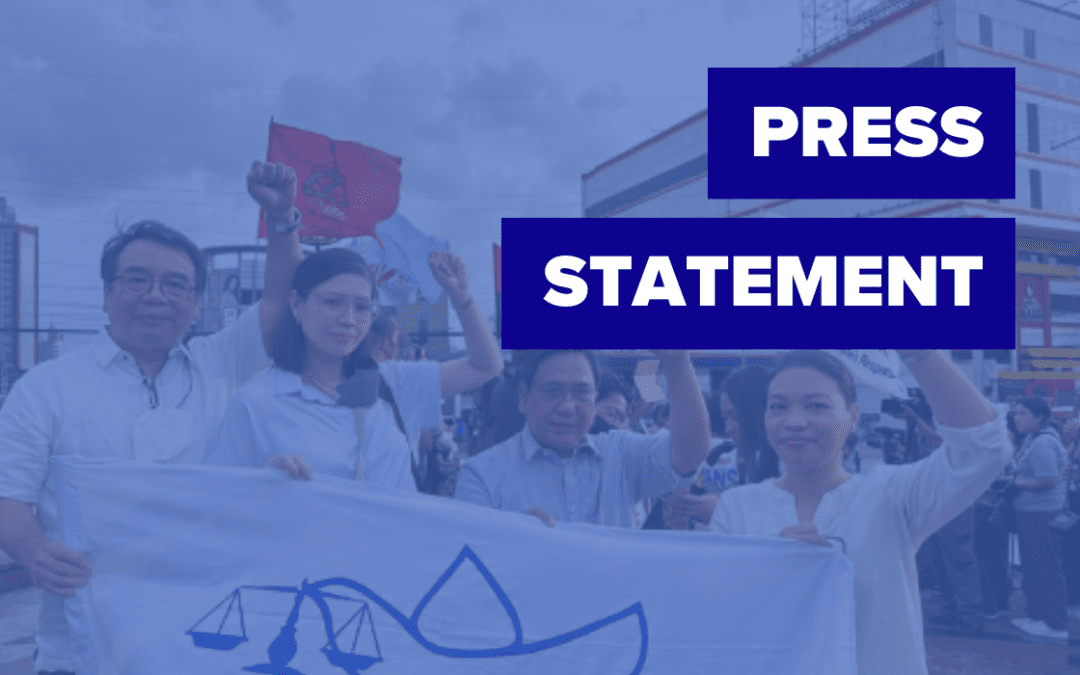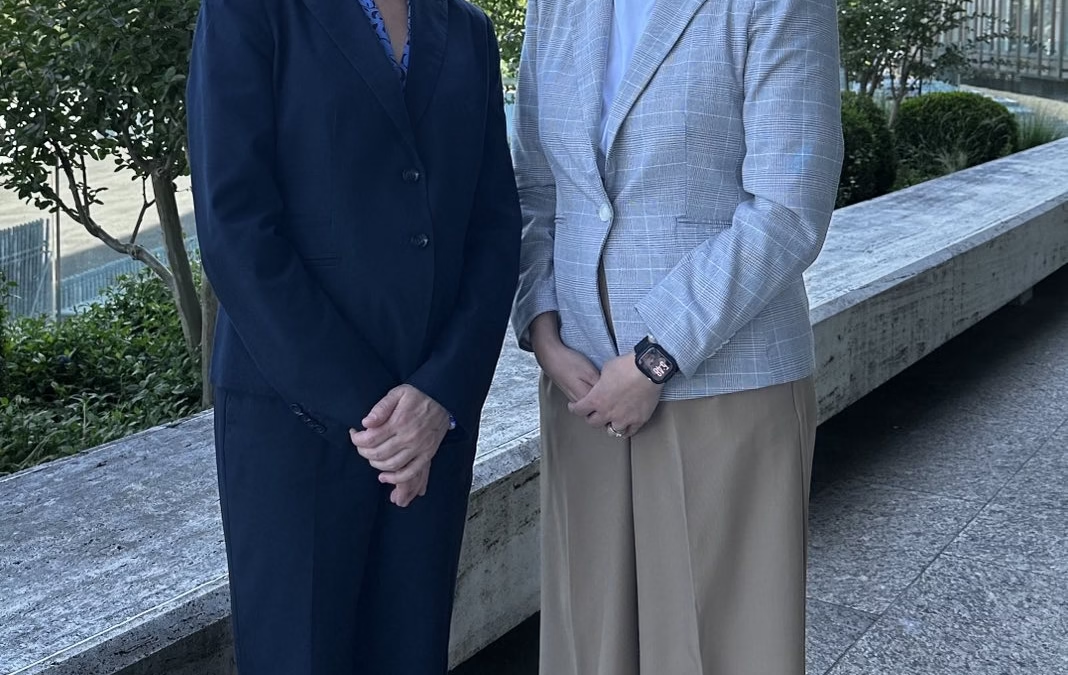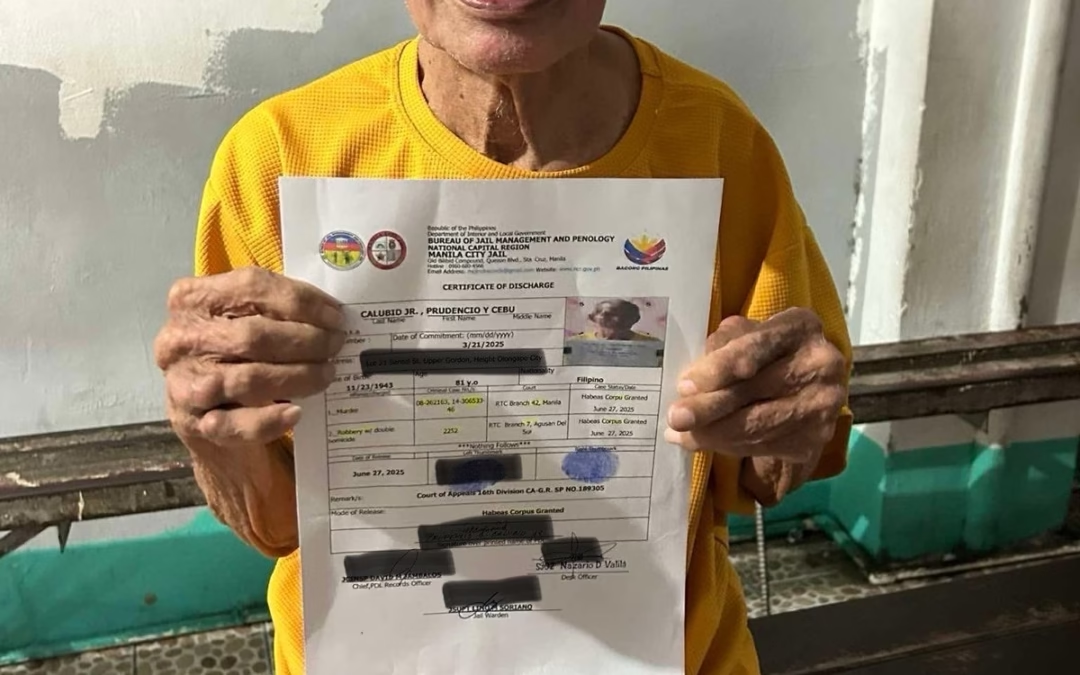Press Statement
February 19, 2025
The National Union of Peoples’ Lawyers (NUPL) and the Council for People’s Development and Governance (CPDG) have submitted a shadow report to the Financial Action Task Force (FATF) ahead of its February 2025 Plenary, where it will determine whether the Philippines should be removed from the Grey List. The report, Playbook of Repression: Civil Society Report on the Misuse and Abuse of Combating the Financing of Terrorism (CFT) Measures in the Philippines, presents on-the-ground evidence that exposes the grave consequences of CFT measures on civic space and fundamental freedoms.
While the Philippine government touts its adherence to FATF standards, this compliance has been achieved at the expense of democracy itself. Counterterrorism laws, wielded with sweeping and ill-defined authority, have become instruments of persecution rather than protection. Following ex parte terrorist designations of entities and persons suspected of belonging to the underground communist movement, entire segments of civil society have been cast as enemies of the state, exacerbating the already deadly consequences of red-tagging. Financial surveillance, asset freezes, and fabricated terrorism financing charges have become additional weapons in a growing arsenal of repression, aggravating longstanding attacks of intimidation, digital and physical surveillance, and harassment.
The non-profit sector has been manufactured into a phantom threat, justified by the false premise that non-profit organizations (NPOs) are inherently vulnerable to terrorism financing abuse. This has led to overregulation, financial restrictions, and invasive intrusions of privacy by regulatory agencies, effectively choking access to funding for humanitarian, advocacy, and development work. The government has weaponized financial institutions, compelling banks to impose excessive bureaucratic hurdles that prevent critical resources from reaching communities in dire need. These systematic abuses take place amid the relentless intimidation of dissenting voices in the most marginalized sectors, orchestrated by bodies such as the NTF-ELCAC and state security forces.
Prosecution quotas and asset freezes are touted as metrics of progress, but their true cost is borne by development workers, human rights defenders, and ordinary citizens. Trumped-up charges are no longer reserved for high-profile activists; they now ensnare individuals with even the most tenuous links to dissent. Among those falsely accused of financing terrorism are women—development workers, human rights lawyers, nuns, journalists, and mothers—whose persecution not only disrupts their vital work but deepens the very inequalities they strive to dismantle. Others targeted include longtime community advocates and champions of the marginalized, whose commitment to justice has been weaponized against them.
The FATF must not accept the Philippine government’s claims at face value. It must conduct an independent and rigorous assessment of how AML/CFT measures are being applied—not in official reports, but in practice, where they have been twisted into tools of repression. At the same time, the FATF cannot absolve itself of responsibility. By prioritizing technical compliance and Grey List exit strategies, it has created perverse incentives for governments to exploit financial regulations for political repression while turning a blind eye to systemic corruption and illicit financial flows. The absence of effective safeguards, independent oversight, and accountability mechanisms has allowed authoritarian regimes to misuse counterterrorism laws to control civic engagement. The FATF’s continued exclusion of civil society from decision-making only reinforces the deep flaws in its framework.
Thus, the FATF must demand more than a checklist of ticked boxes or enforced action plans. It must insist on an independent verification of how AML/CFT measures are affecting civil society, enforce meaningful transparency in its evaluation process, and engage directly with affected organizations. Above all, it must hold the Philippine government accountable for its abuses and put in place clear safeguards to prevent further misuse of its standards.
The Philippine government, in turn, must stop using FATF compliance as a pretext for repression. It must immediately lift arbitrary designations and financial sanctions, end red-tagging and surveillance, and ensure that financial regulations do not infringe upon the fundamental rights of its people. Its obligation is not to international financial bodies but, first and foremost, to the Filipino people, whose right to freely associate, express dissent, and access resources must be upheld.
The February 2025 FATF Plenary is a test of integrity for both FATF and the Philippine government. FATF must acknowledge that its failure to impose safeguards and exercise transparency has directly contributed to the global erosion of civic space. If FATF does not address these fundamental flaws, it will cement its role as an enabler of financial repression and human rights violations. On the other hand, the Philippine government’s foremost responsibility is not to international financial bodies but to its own people, whose rights to free association, expression, and access to resources must be upheld.
Both the FATF and the Philippine government must not only reverse course but commit to ensuring that AML/CFT measures are never again weaponized to erode democratic space, silence dissent, or punish those who fight for justice and empowerment—whether in the Philippines or anywhere in the world. #
Reference:
Atty. Josalee S. Deinla
NUPL Secretary General
+639174316396



